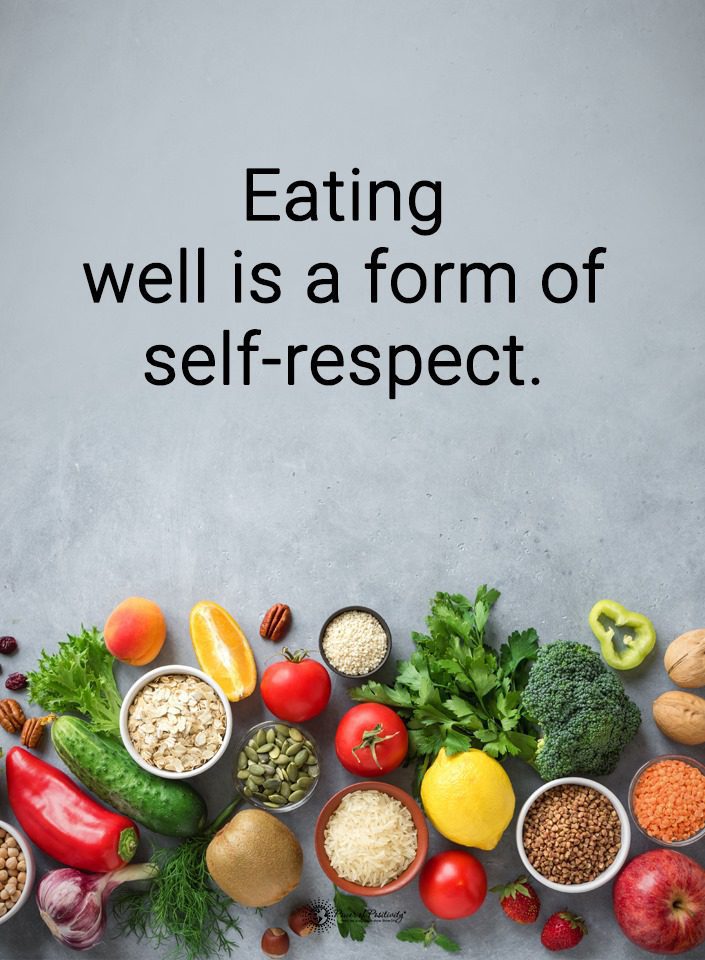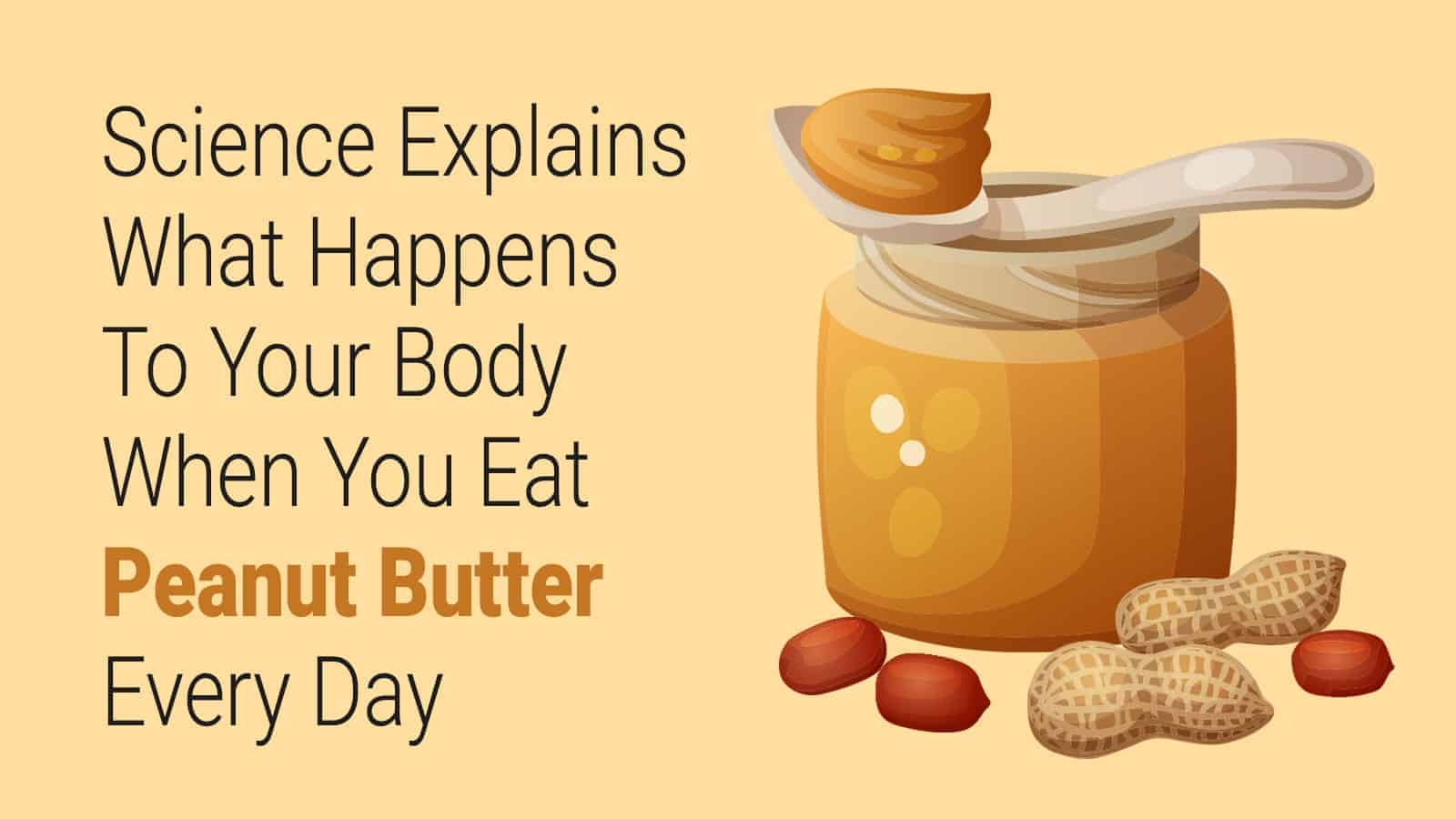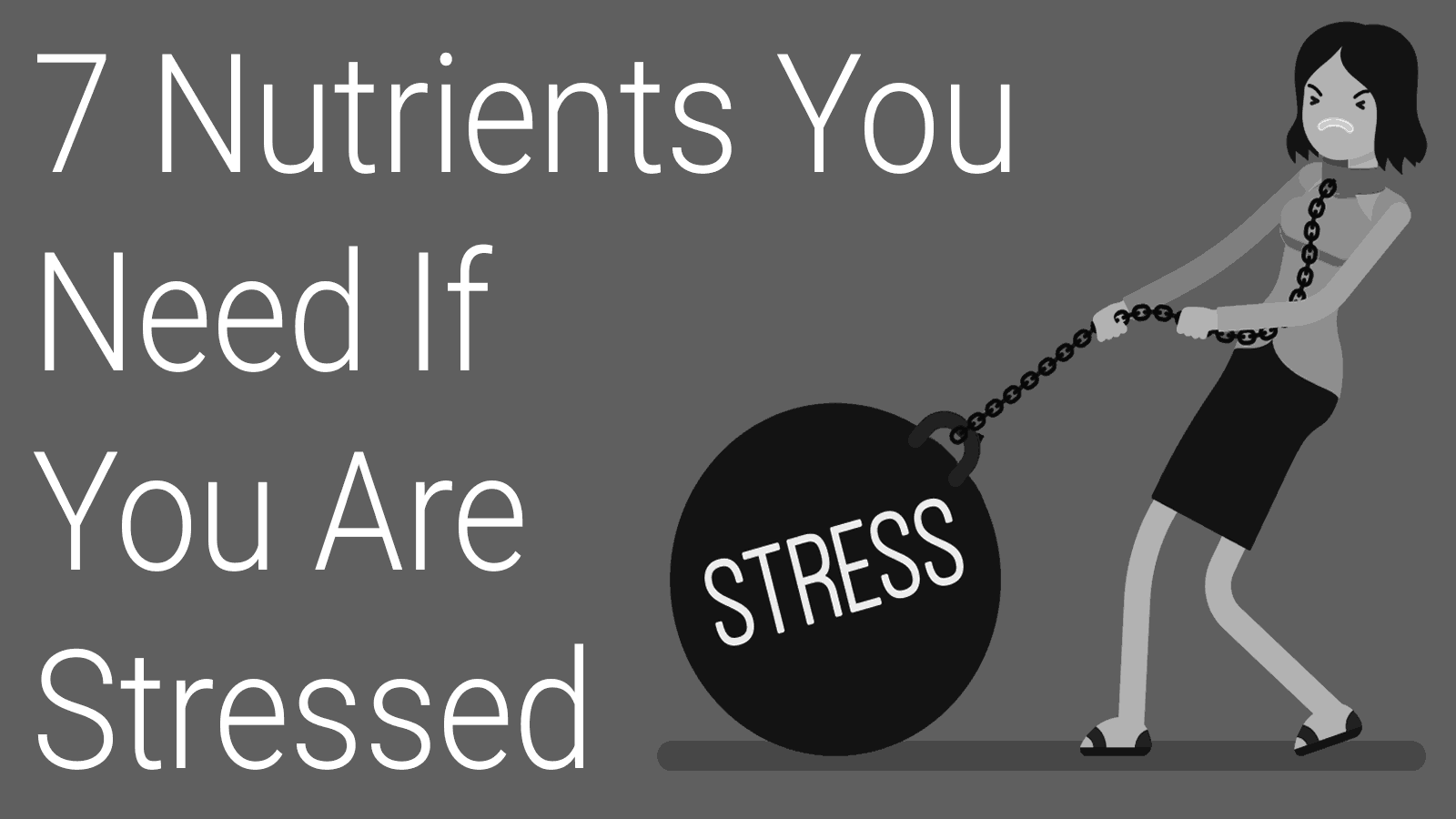Do you love slathering rich, decadent peanut butter on almost anything edible?
For more than 131 years, people around the globe have enjoyed the delicious, nutty treat. Why not? There’s nothing better than a blob of this nutty goodness. Not only is it nutritious, but it’s creamy and delicious too.
While PB is good, it’s also the perfect addition to chocolate, apples, and even celery. Let’s not forget about jelly. What would this sugary spread be without its counterpart? There are pretty much no limits when it comes to this nutty butter.
Because PB is full of healthy monounsaturated fats, it can help with weight loss too. Low-carbohydrate dieters love the no-added-sugar variety, and most Americans crave it. So is this creamy wonder healthy or harmful? Studies have delved deep into the nutrient-rich structure of PB to figure out if it’s all it’s cracked up to be.
What Happens To Your Body When You Eat Peanut Butter

Science Proves Peanut Butter Is a Healthy and Delicious Treat
Vanderbilt University conducted a 2015 study to see if using peanut butter for health was viable. Everyone knows that eating nuts have been proven to be advantageous. However, experts found that those who ingest PB are likely to have a lower risk of premature death. The protective nutrients within the spread make all the difference to health and vitality.
Peanuts are full of polyunsaturated and monounsaturated fats. They are also full of potassium, antioxidants, and fiber. Those who eat peanut butter regularly have lower LDL cholesterol levels. They have a lower risk of developing type 2 diabetes, high blood pressure, and heart disease.
Some people can’t get past the high calories and fats in nuts enough to include them in their diets. However, don’t let those numbers fool you. You only need a little bit of PB to have a significant impact. They discovered some other things in this study that might make you stock up on this nut butter.
It’s A Dieters Delight
Overeating is a big problem for many people. Adding a scoop of PB to toast for breakfast or a sandwich for lunch, it can help to make you feel fuller for longer periods. The high-fat content in this spread is satiating. However, it should be consumed in moderation.
The average serving of peanut butter is about two tablespoons. It’s high in fat and calories, which means a little bit is all you need. Try being creative and working some of this nutty goodness into your meals. Trying a lower-fat or calorie version is also a good option for dieters.
PB Gives Energy Boosts
Who doesn’t need an energy boost during the day, especially after lunch? Thankfully, eating some PB can help fuel your fire. If you need a little pick-me-up midday, then the fiber-rich spread is just what your body requires.
Many people crash because their blood sugar becomes unstable in the afternoon, and part of this is because they fill up on an unhealthy lunch full of sugar and carbohydrates. Thankfully, eating the required serving of PB can help keep things stable.
It’s Great for Calorie-Restricted Diets
We’ve already established that using peanut butter for health benefits is amazing. One of the best benefits is that it helps to lose weight. Even those restricted in their caloric intake will find that PB fits the bill.
How can this delicious treat help with weight loss? Well, it’s all about those peanuts. When comparing them to nuts, it seems that they have more protein. With about eight grams of protein per two tablespoons, it’s no wonder they help to fill you up.
Some experts say that eating peanuts can help to kick your metabolic furnace into overdrive. While the recommended amount will be around two hundred calories, it will be much more filling than a bag of chips. Your metabolic rate jumps by eleven percent with consuming PB daily.
Your Muscle and Nerve Health Will Improve
Many people are deficient in magnesium, one of the essential minerals your body needs to function. It’s responsible for more than 300 biochemical reactions in your body, so insufficient is a definite problem.
Thankfully, just one serving of PB has 12 percent of your requirements. Magnesium helps to regulate your body temperature, detoxify, and produce energy. However, few people know that it’s essential for your nerve health and your bones and teeth.
PB Staves Off Inflammation with Omega-6 Fats
Your body needs omega-6 fats to help keep inflammation at bay. Thankfully, peanuts are rich in these fats. However, because they lack omega-3 fats, which your body needs, you should pair your diet with foods with an abundance of omega-3s.
Adding flax-seed, chia seeds, salmon, and fish, can be the perfect pairing to keep inflammation away. Keeping water weight down is essential when concerned about weight loss and maintaining a healthy figure.
Peanut Butter May Improve Brain Health and Function
Brain health and function are vital for every aspect of your life. Eating foods like peanut butter and cooking with olive oil can help to increase your monounsaturated fat levels. Stress is one of the biggest killers in brain function, and the antioxidant and anti-inflammatory properties help to reduce this damage.
Eating peanut butter for health seems easy if it reduces anxiety and helps improve brain function. With all these benefits, it should be a no-brainer to add it to your diet.
Peanut Butter Reduces Stress Levels
No wonder peanut butter is considered a super-food. It can help with weight loss, brain function, and even reduce stress levels. Since many Americans are looking for ways to combat stress and anxiety, PB may be just what they need. Peanuts are rich in beta-sitosterol.
This plant-based sterol is necessary for brain function, and it can have a significant impact on serotonin levels. When the body feels stressed, it goes into fight or flight mode. As levels of cortisol increase, the body works harder and is in duress. Peanuts use this sterol to lower cortisol levels and bring a peaceful calm.
Calming the body during stress and improving immunity is another added benefit of peanuts.
Consuming PB Can Reduce Your Child’s Allergy
It’s estimated that more than three million people have peanut allergies in this country. However, this study found that eating peanut butter during pregnancy can reduce the child’s risk of such an allergy.
Eating peanuts three to five times a week will reduce the baby’s chances of evolving an aversion. Don’t just stop at peanuts, though. All nuts can be beneficial. When babies get these nutrients in the womb, their delicate systems will be acclimated by birth. While it’s not foolproof, it certainly helps.
It Combats Toxins
Your body needs vitamins E and K to help you keep toxins at bay. Did you know that vitamin E can ease premenstrual syndrome and help protect you from the toxins in air pollution? This vitamin also helps to prevent cataracts and other eye disorders.
While the jury is still out on the matter, some experts believe that vitamin E can fight against Alzheimer’s disease too. When it comes to vitamin K, you need it to help your blood clot properly. It’s also essential to allow your calcium to facilitate throughout your system. Both vitamins are necessary for bone health.
The mono- and polyunsaturated fats found in peanut butter have so many health benefits that science has just begun to scratch the surface.

Final Thoughts: A Caution When Eating Peanut Butter for Health
While there are so many good things to say about peanuts and their creamy butter, there are other things to consider too. Due to the texture of this butter, many people want to spread it between bread, on crackers, or use it for other high-carbohydrate treats.
Experts warn that consuming high carbohydrates and PB can reduce the good impact. Try using celery, apples, or other low-calorie options for consumption. Though PB and jelly go together like a sock and shoe, it isn’t necessarily healthy.
There are sugar-free PB options out there to consider when monitoring your weight. Never dig into a jar without measuring your servings. Since one tablespoon has about 100 calories, it’s easy to see that you can consume more than your need. So too much of a good thing can be counterproductive.
Additionally, to get a good consistency, hydrogenated oils are often used. When you open a jar of your favorite PB, you will often see that you need to stir it a bit to make it consistent. This is often observed if it hasn’t been opened or used in a while.
These oils can cause inflation and make communicating difficult for your cells. Look for spreads that are made without these oils. You can have all the goodness necessary, but if it’s made with unhealthy fats, the bad can outweigh the good. So make sure you have your daily dose of peanuts, but just make sure you get a good, healthy brand.




















